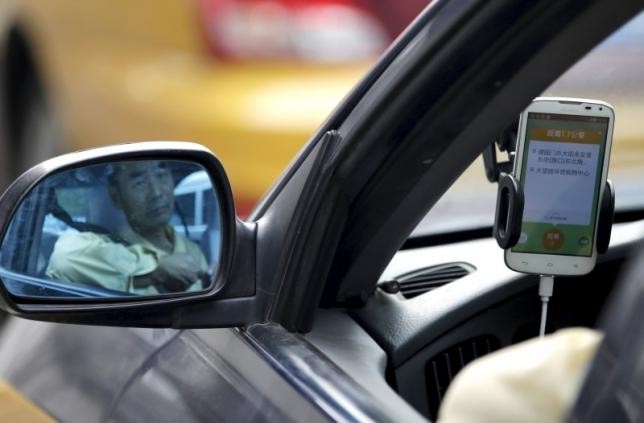More than $500 million has been poured in by China Life Insurance Co., the country’s top life insurer, into Didi Chuxing Technology Co., following a $1 billion investment by Apple Inc. in the firm, The Wall Street Journal reported.
Citing sources familiar with the matter, the report said that the insurance company made the investment despite a previous investment with Uber Technologies Inc., Didi's rival.
Didi Chuxing has reportedly reached $3.5 billion in a financing round with its fundraising efforts from investors that included China Life and Apple, which increased the company's value at more than $25 billion.
Some investors have also poured in money into both Didi Chuxing and Uber Technologies Inc.
Last year, China Life, a state-owned insurer, invested money into Uber, a San Francisco-based company.
Hillhouse Capital Group, a Chinese investment firm, invested early in Didi but also joined a convertible-bond deal by investing in Uber's global operations.
It was not clear what arrangements were made by the two companies for their investors, but sometimes rival startups do not like to have the same shareholders as companies often share confidential information on finance and strategy with their investors.
Ride-sharing companies have been competing to gain global investment allies in recent months. Earlier this month, the investment arm of Saudi Arabia invested $3.5 billion in Uber, as part of a $5 billion financing round.
Sources also said that Alibaba and Tencent have also increased their investments in Didi's latest financing round as two of its largest investors.
Although Didi's worth has now reached more than $25 billion, three times larger than UberChina, it is still small compared to Uber, which is now valued at nearly $68 billion.
As Uber continues to expand globally, Didi has allied itself with other ride-sharing companies to compete against Uber, such U.S.-based ride-hailing firm Lyft and GrabTaxi Holdings Pte of Singapore.
Didi has now a larger share of the local private car-sharing market than Uber and also dominates China taxi-hailing sector.



























